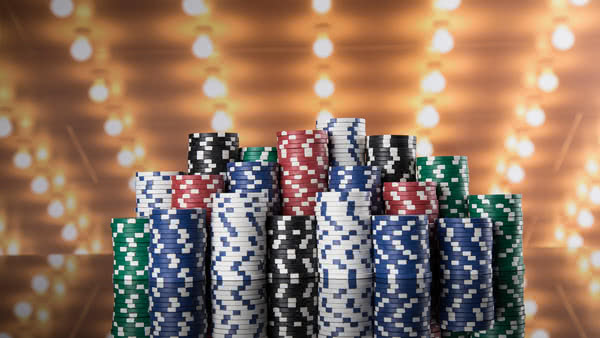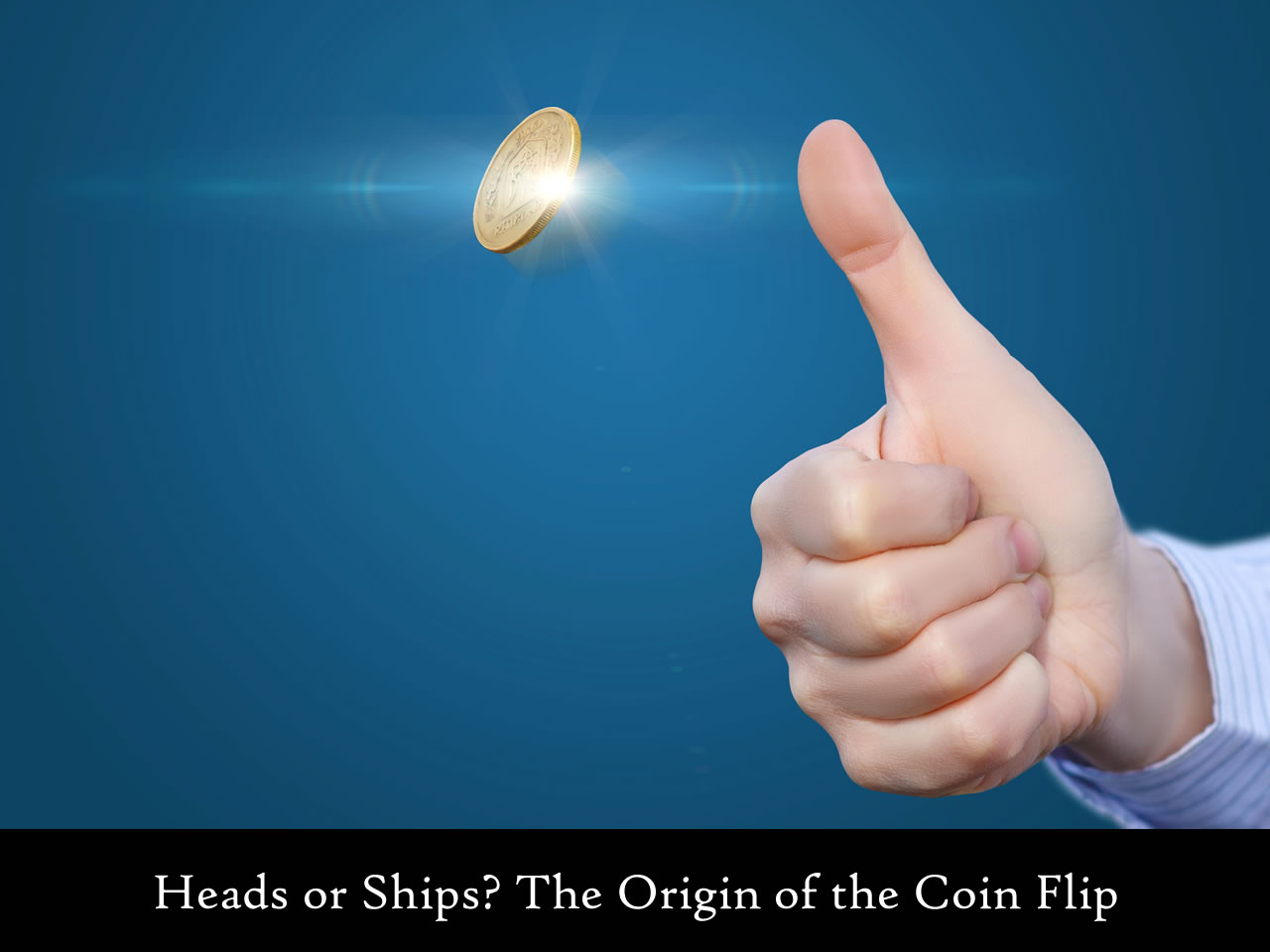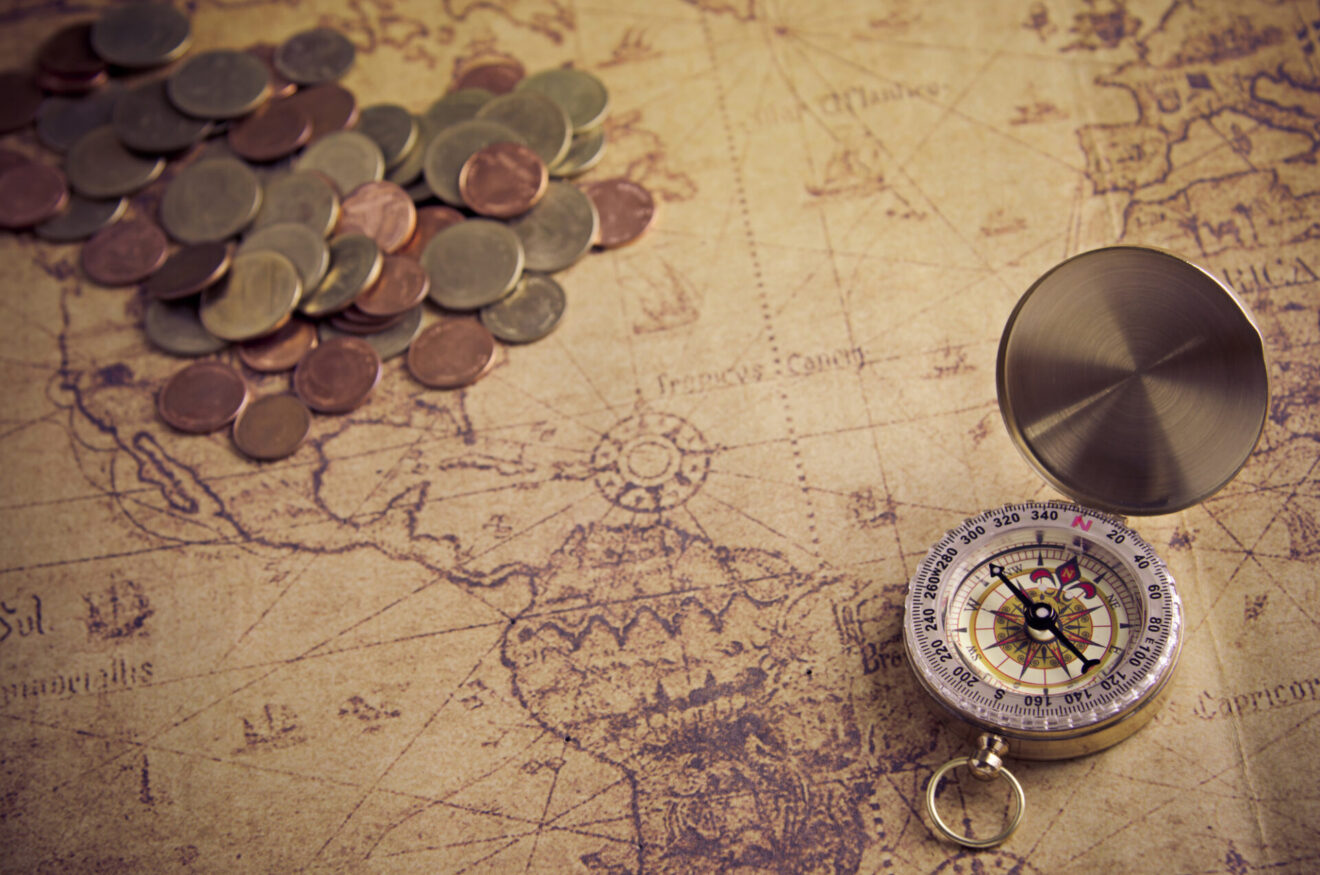Share this link via
Or copy link
317.33K actions, 9.22E flips
1.81K actions, 4.59K flips
5.15K actions, 21.52K flips
1.29K actions, 6.31K flips
10.7K actions, 86.1K flips
✕10
6.3K actions, 88.62K flips
✕100
5.49K actions, 736.1K flips
✕1000
7.4K actions, 9.78M flips
✕10000
6.52K actions, 3E flips
Select number of flips

Bar
2.34K actions, 1.09M flips

Cafe
334.67K actions, 81.5M flips

Forest
2.21K actions, 1.6M flips

Casino
4.72K actions, 9.22E flips

Ocean Sky
2.32K actions, 1.49M flips

Blue Sky (movie)
NEW1.5K actions, 1.39M flips

Bubbles (movie)
NEW419 actions, 370.18K flips

Spheres (movie)
NEW443 actions, 584.92K flips

Snow
NEW1.06K actions, 974.66K flips

Starry Night
NEW3.07K actions, 1.14M flips

Serenity
NEW8.17K actions, 2.55M flips

Earthshine
NEW3.54K actions, 5.14M flips

Black
4.45K actions, 1.1M flips

White
NEW653 actions, 646.37K flips
 Decision making coins
Decision making coinsHeads vs. Tails
311.71K actions, 64.86M flips
Yes vs. No
18.15K actions, 12.78M flips
Light vs. Darkness
9.33K actions, 541.44K flips
Up vs. Down
4.38K actions, 399.74K flips
Go vs. Stay
1.98K actions, 976.65K flips
Procrastinate vs. Do It Now
1.35K actions, 364.93K flips
Fish vs. Chicken
959 actions, 651.03K flips
Play vs. Work
813 actions, 1.02M flips
Wake Up vs. Sleep In
484 actions, 212.07K flips
Exercise vs. Relax
460 actions, 746.15K flips
Watching vs. Reading
281 actions, 171.57K flips
Hot vs. Cold
248 actions, 164.99K flips
Shopping vs. Saving
245 actions, 373.77K flips
Fast vs. Slow
245 actions, 87.57K flips
Coffee vs. Tea
240 actions, 173.75K flips
Study vs. Party
236 actions, 410.26K flips
More vs. Less
217 actions, 189.6K flips
Outdoor vs. Indoor
171 actions, 261.05K flips
Spontaneity vs. Planning
145 actions, 378.25K flips
Start vs. Stop
141 actions, 39.1K flips
Analog vs. Digital
122 actions, 188.54K flips
 United States dollar
United States dollarPenny
(1 cent)3.7K actions, 1.07M flips
Nickel
(5 cents)515 actions, 231.65K flips
Dime
(10 cents)734 actions, 1.01M flips
Quarter
(25 cents)4.07K actions, 996.57K flips
Half dollar
(50 cents)1.15K actions, 476.3K flips
One dollar
(Sacagawea dollar)1.07K actions, 993.51K flips
One dollar
(Presidential dollar)1.3K actions, 1.3M flips
 50 State quarters
50 State quartersDelaware
41 actions, 8.03K flips
Pennsylvania
29 actions, 78.1K flips
New Jersey
13 actions, 13.25K flips
Georgia
62 actions, 340.11K flips
Connecticut
53 actions, 42.97K flips
Massachusetts
8 actions, 10.44K flips
Maryland
13 actions, 1.73K flips
South Carolina
73 actions, 10.07K flips
New Hampshire
12 actions, 10.24K flips
Virginia
9 actions, 1.67K flips
New York
43 actions, 32.84K flips
North Carolina
16 actions, 11.69K flips
Rhode Island
3 actions, 169 flips
Vermont
13 actions, 65.32K flips
Kentucky
8 actions, 1.01K flips
Tennessee
5 actions, 15.53K flips
Ohio
51 actions, 50.27K flips
Louisiana
11 actions, 1.98K flips
Indiana
76 actions, 5.7K flips
Mississippi
23 actions, 50.02K flips
Illinois
22 actions, 22 flips
Alabama
12 actions, 5.19K flips
Maine
15 actions, 96.5K flips
Missouri
14 actions, 13.67K flips
Arkansas
1 action, 167 flips
Michigan
20 actions, 27 flips
Florida
31 actions, 32.16K flips
Texas
183 actions, 71.54K flips
Iowa
5 actions, 2.19K flips
Wisconsin
31 actions, 39.91K flips
California
7 actions, 20.01K flips
Minnesota
189 actions, 58.54K flips
Oregon
14 actions, 28.08K flips
Kansas
6 actions, 20.75K flips
West Virginia
19 actions, 14.76K flips
Nevada
18 actions, 52.76K flips
Nebraska
6 actions, 172 flips
Colorado
13 actions, 2.02K flips
North Dakota
27 actions, 2.09K flips
South Dakota
6 actions, 30K flips
Montana
32 actions, 34.15K flips
Washington
17 actions, 183 flips
Idaho
4 actions, 170 flips
Wyoming
23 actions, 110.01K flips
Utah
14 actions, 404 flips
Oklahoma
41 actions, 30.04K flips
New Mexico
37 actions, 12.42K flips
Arizona
3 actions, 11.63K flips
Alaska
15 actions, 10.58K flips
Hawaii
11 actions, 61.75K flips
 British pound sterling
British pound sterlingOne penny
(1p)113 actions, 3.16K flips
Two pence
(2p)72 actions, 124.67K flips
Five pence
(5p)22 actions, 1.93K flips
Ten pence
(10p)73 actions, 29.66K flips
Twenty pence
(20p)47 actions, 110.49K flips
Fifty pence
(50p)109 actions, 121.17K flips
One pound
(£1)745 actions, 234.35K flips
Two pounds
(£2)189 actions, 182.48K flips
 Euro (national side: Austria)
Euro (national side: Austria) Indian rupee
Indian rupee1 rupee
1.77K actions, 531.86K flips
1 rupee
(Nritya Mudra Series)69 actions, 25.99K flips
2 rupees
4 actions, 336 flips
2 rupees
(Nritya Mudra Series)16 actions, 34.26K flips
5 rupees
165 actions, 18.9K flips
5 rupees
(2009-2010)49 actions, 30.08K flips
10 rupees
120 actions, 200.96K flips
10 paises
12 actions, 20.01K flips
25 paises
5 actions, 10.35K flips
50 paises
445 actions, 260.55K flips
Your current points are 10.
Current win streak: 2
Win streak bonus: x1.5
Which one will you bet on?
How much would you like to bet?
You're betting 3 points on heads.
If you're ready, please tap the button below, and flip your coin!
You Win! You've earned points!
Current points: 10

A group of friends is playing a pickup game of basketball. Which team gets first possession? This can easily be decided by the flip of a coin –‘Heads or Tails?’– leaving it up to chance.
Coin tossing is a simple yet universal way to make big or small decisions. Ranging from small events such as ‘who gets to do laundry today?’ to big events like ‘who gets the first pick in the NBA draft?’, the flip of a coin can be used to decide virtually anything. This leads to the question, who started it all?
[toc]
Historians believe that the practice started in Ancient Rome. Back then, it was known as ‘Heads or Ships’, or ‘Capita vel Navia’, because those were the images that appeared on the Roman Bronze coin. The ‘heads’ side of the coin depicted Janus (the two-headed god), and the other side depicted Saturn’s (the god of agriculture) ship.

Pamela Patton (2018). Looking Forward and Backward With Janus Retrieved May 12, 2022, from
https://ima.princeton.edu/2018/01/10/looking-forward-and-backward-with-janus/
Ancient Romans regarded the gods as an absolute authority, meaning that only they had the power to control fate. The ‘heads’ side of the coin was favored over ships for this very reason. If a coin landed on heads, it was seen as an affirmation from the gods. As the Romans believed that a prosperous life came from pleasing their gods, coin tossing was a quick way to communicate with them.

Statue of emperor Julius Caesar along Via dei Fori Imperiali at the Roman Forum in Rome, Italy
At some point in Ancient Roman times, the prominent Emperor Julius Caesar decided to replace the ‘heads’ of the gods with his portrait. This is because he believed that the emperor was always right, just as the gods. Since the emperor held authority over all civil affairs, coin flipping was even used to govern society and decide on legal matters. For instance, a coin flip could decide if someone was guilty, if two people could get married, or even matters of war. In other words, flipping a coin was considered the same as asking the emperor, and if the coin landed on heads, it became the emperor’s decree. With this, Julius Caesar could equate himself to the gods as he, through coin tossing, also became the judge of arbitrary fate.
Nowadays, it may be hard to imagine that a coin toss could make or break a person’s life. However, the Ancient Roman society was highly superstitious and therefore always looked for answers in a higher power, whether it be the gods or the emperor.

Roman Aureus Gold Coin of Julius Caesar with a probable portrait of the goddess Venus and a Trophy of Gallic Arms on the reverse struck between 48-47 BC cut out and isolated on a white background.
In addition to being a form of governance, coin tossing was a game of chance for children, and a common form of gambling for the ruling class. The Roman Bronze coin itself went through many reforms over time, with changes in materials and size. However, the practice continued to be called ‘Heads or Ships’ even after the ship was subsequently replaced with other symbols.

Vintage compass and coins on old map
This is what we know so far about the origins of the coin toss. Some theories suggest that the practice might’ve even started in Ancient Greece. Perhaps more evidence will come to the surface, or we might never know for sure. Nevertheless, it is amazing that we as humans have continued to keep the tradition alive since ancient times. The practice is celebrated in the United States, marking June 1st as ‘Flip a Coin Day’. On this day, we take time to reflect on the history of coin tossing and ponder on where it could lead us in the future.
Whether we are superstitious or not, deciding on a coin toss is a way to remove some burden off ourselves and leave it up to chance. Even after Roman times, important decisions such as elections, naming cities, and the first airplane flight have been decided by a coin toss. Coin tossing has a very long and interesting history. We can even say that it may be responsible for numerous events which have brought our world to where it is today. In another sense, coin tossing is not only a way to make decisions, it can also be a game, a challenge, or even a method to communicate with the universe. Perhaps one day, the mysteries of our universe could be revealed by the flip of a coin.